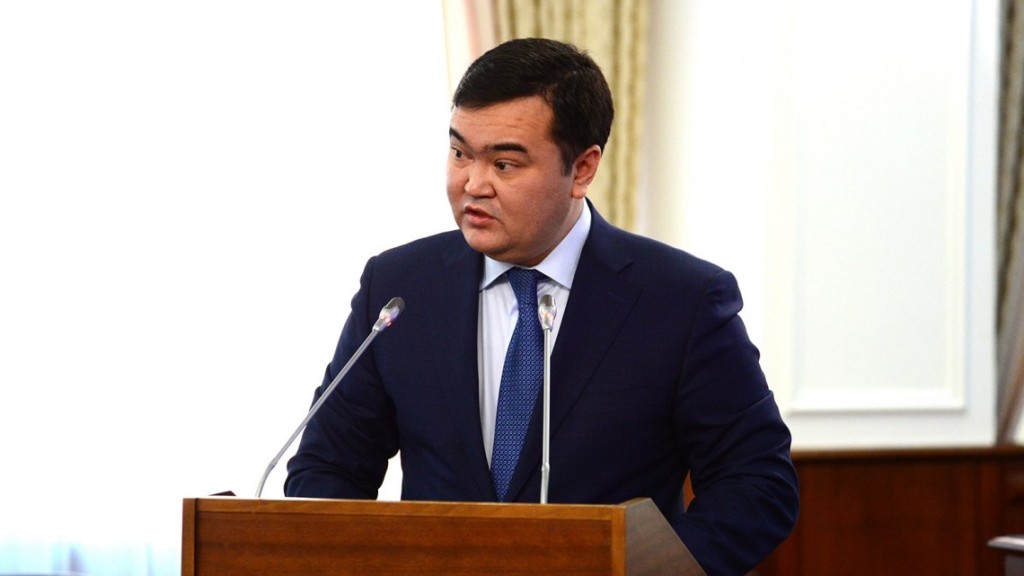ASTANA – The responsibilities for product quality control should be divided among government ministries, as only 77 percent of goods produced in 2017 complied with quality regulations, said Minister for Investment and Development Zhenis Kassymbek during a Feb. 6 government meeting.
He stressed the need of distributing accountability to ensure all goods and services are strictly monitored.
“During the reform of administrative bodies, the responsibility for quality control was assigned to the Ministry of Healthcare, which, however, currently primarily focuses on food. Consequently, industrial goods are partially left without proper attention,” said Kassymbek.
“As a result of functional analysis, the control over quality is executed in accordance with 54 regulations out of 78, whereas seven regulations are partially checked and 17, including those for oil products, construction products and low-voltage equipment, are left without attention,” he added.
Kassymbek proposed a unified control model over quality regulations with the Ministry for Investment and Development executing control over industrial products; the Ministry of Healthcare overseeing sanitary-epidemiological and hygienic regulations related to toys, cosmetic products, consumer goods, furniture and chemicals, and the Ministry of Agriculture taking responsibility for all food products, except water.
A draft law to create a single control system will be developed by the end of the first quarter. The subject of control will be for the product itself, not the supplier.
“In 2018, implementation of a law on standardisation will improve the existing standards. As a result, international standards will be applicable in Kazakhstan, creating a more favourable business climate. To illustrate, entities in the oil and gas sector can apply international standards, such as API (American Petroleum Institute) standards, only after they are accounted for in Kazakhstan. However, with the introduction of the law such standards will be used directly,” said Kassymbek.
Advancements in digitisation, such as e-accreditation, will also be launched to enable transparency and speed up the accreditation process.
“Implementation of Good Laboratory Practice standards issued by the OECD (Organisation for Economic Co-operation and Development) in testing will be conducted in 2018-2019. As a result of adopting these standards, the results provided by Kazakh laboratories will be recognised in OECD countries and this will allow increasing the export of domestic goods,” he added.
Prime Minister Bakytzhan Sagintayev highlighted the importance of providing information about confiscated products.
“It is important to show what is done to the confiscated goods. Nobody knows whether the goods are destroyed or are made available for sale again and what kind of fines and penalties are applied. There is a need to take measures to ensure strict control over the quality of goods. However, this should be done without putting additional pressure on business,” he said.


